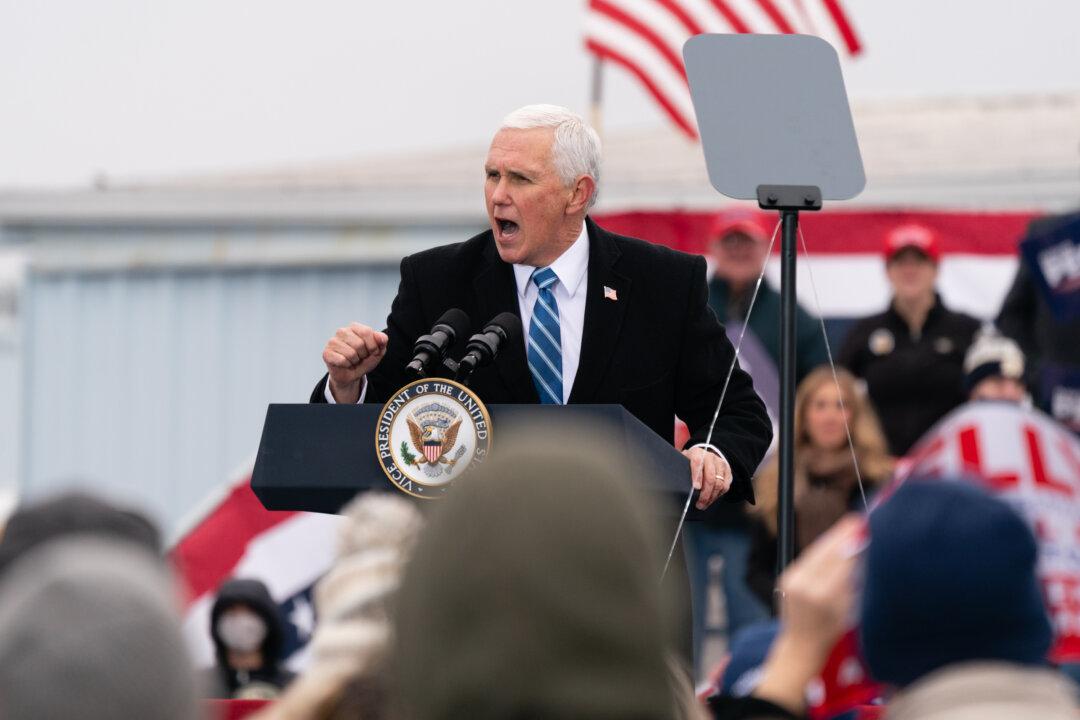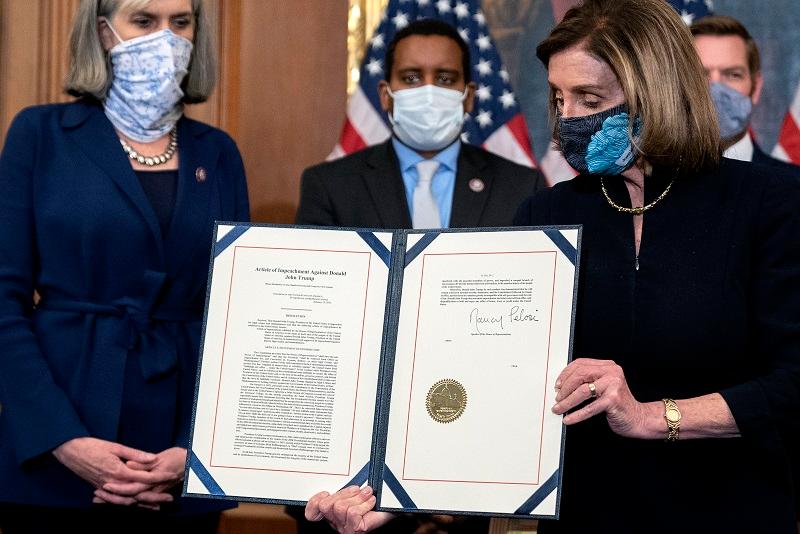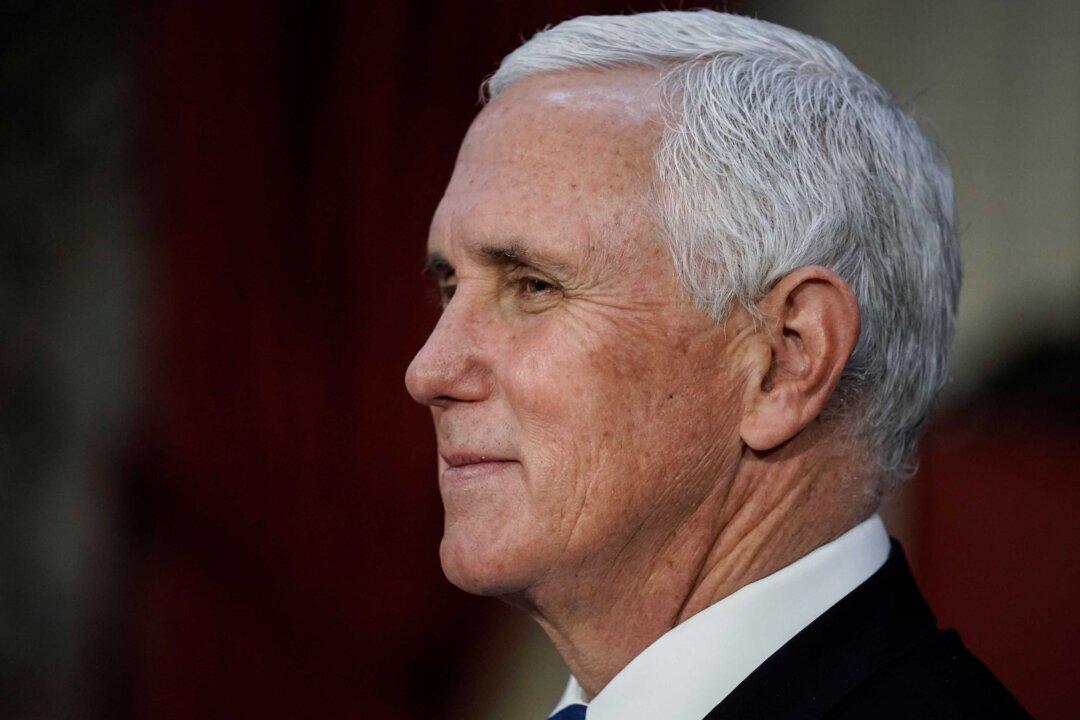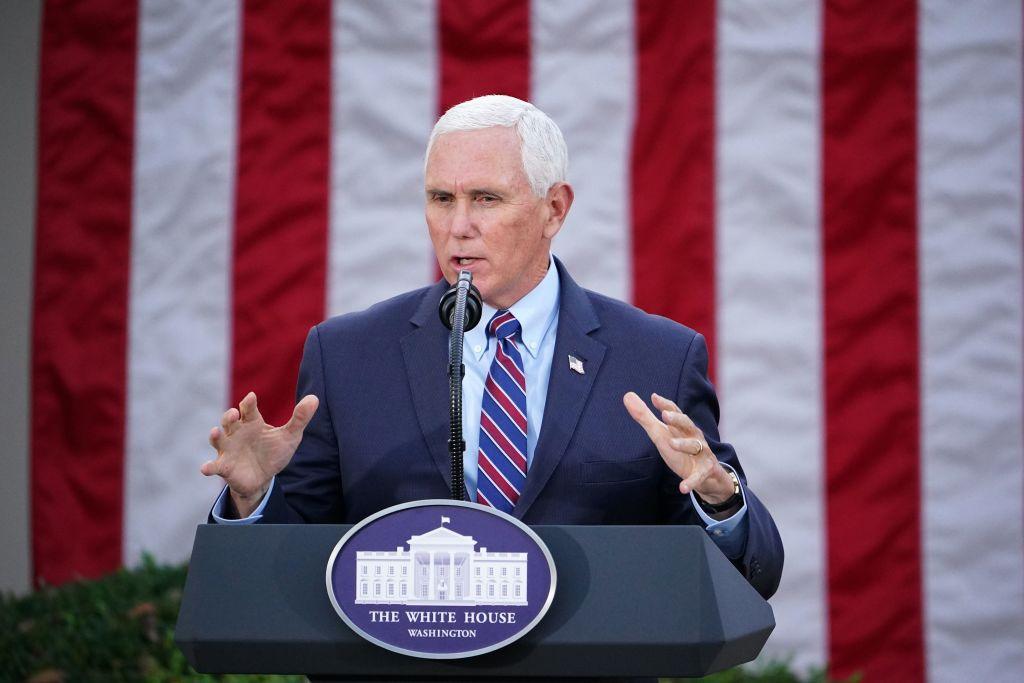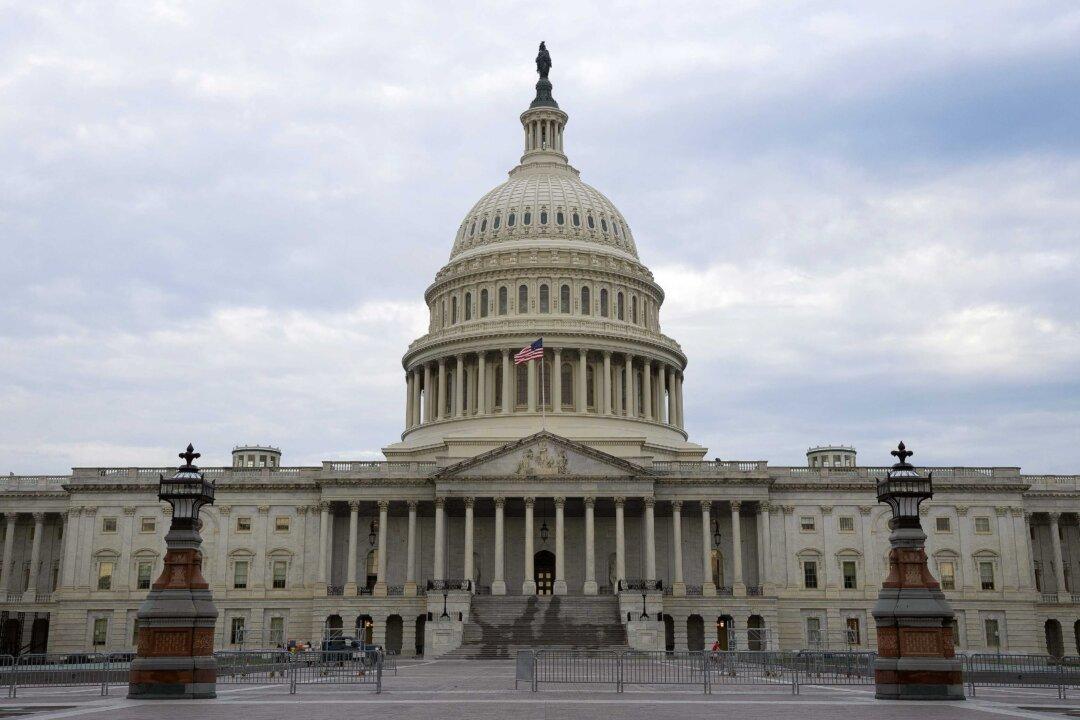Commentary
In late November, I wrote on these pages that “the Founding Fathers made a wise and prescient choice in setting up the Electoral College and vesting the state legislatures with exclusive authority to decide upon a state’s presidential electors. The multifaceted fraud issues that infect national elections (especially this one) aren’t easily and timely raised within the tight contours of a judicial ‘case or controversy.’”
